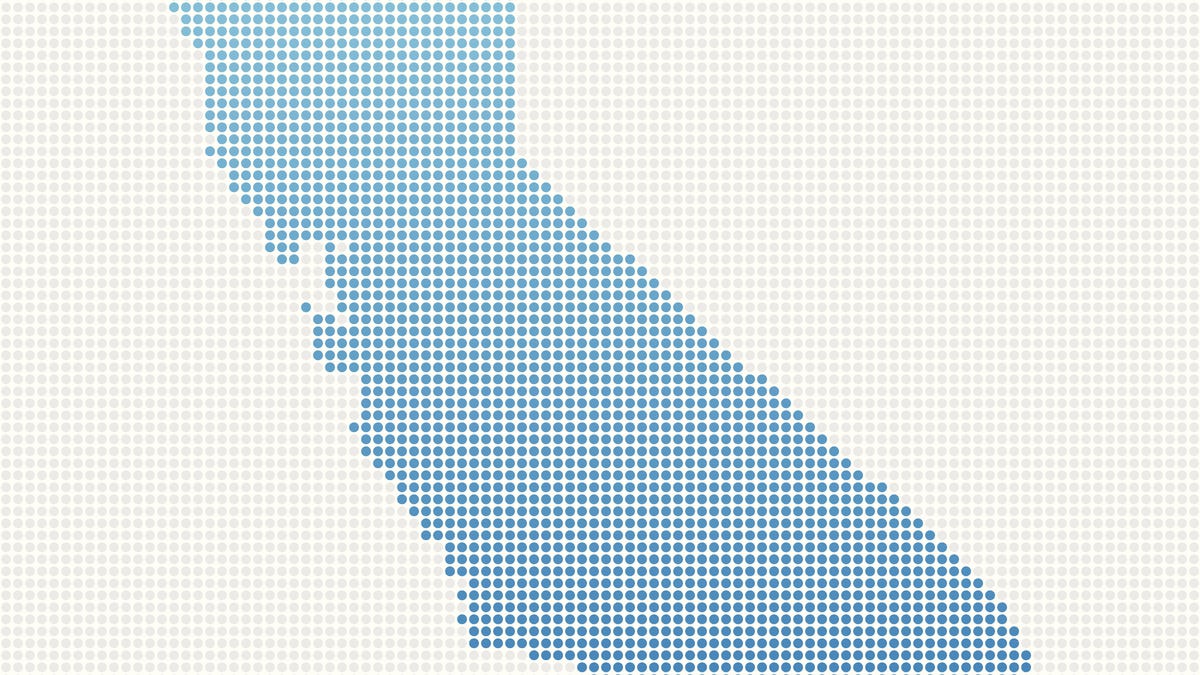New California privacy initiative proposed for 2020 ballot
The original proponent of the California Privacy Protection Act wants to make the law stronger.

Californians could vote on enforcement measures for privacy protections in the November 2020 general election.
California is poised to enact the country's most stringent privacy law on Jan. 1, but the driving force behind the California Consumer Privacy Act wants privacy rights in the state to be even stronger. Alarmed by what he says are the tech industry's efforts to water the law down, Alastair Mactaggart said Wednesday he would introduce a ballot initiative called the California Privacy Rights and Enforcement Act for the state's November 2020 election. It would add more restrictions to the sale of health and location data, increase fines for violating children's privacy and create a new state agency to enforce privacy regulations.
"Having seen the attempts to weaken what I see as a fundamental human right, I believe it is time to both permanently enshrine these rights, and to provide Californians the same level of protections that citizens have in the rest of the world," Mactaggart said in a statement.
The new initiative hints at conflicts and concerns that have emerged since the California Consumer Privacy Act, or CCPA, passed in June 2018. Enforcement of the law is currently the role of the California Attorney General Xavier Becerra. Becerra said in a letter to lawmakers in August that his office hasn't been given enough time or resources to lay the groundwork for enforcement. What's more, lawmakers debated amendments to the law up until the close of the legislative session in September.
Mactaggart, a San Francisco-area real estate developer, first proposed the CCPA as a ballot initiative that was scheduled to go before California voters in the 2018 midterm elections. He formed a group called Californians for Consumer Privacy to promote the initiative. Mactaggart agreed to withdraw the initiative in 2018 after lawmakers proposed a bill with some compromises, which passed.
The Internet Association, a lobbying group for several major tech companies including Facebook, Google, Amazon, Uber and Microsoft, said at the time that the law was passed without enough debate. Since then, companies have called on federal lawmakers to pass a privacy law that would apply across the nation.
More recently, the Internet Association purchased social media ads to promote the message that limiting online advertising might prompt tech companies to charge for services that are currently free, according to a report from The Washington Post. The Internet Association didn't respond to a request for comment for this story.
The new ballot initiative needs more than 620,000 signatures from California voters in order to qualify for the ballot, a spokeswoman for Californians for Consumer Privacy said. In his statement, Mactaggart said the initiative is required to restore the balance of power between tech companies and regular people who rely on their services.
"We are engaged in a new experiment now, where a handful of giant corporations know almost everything about us, chronicling everything we've searched for, following every one of our digital footprints, and analyzing that to control what we see every day," he said. "These are perhaps the most powerful tools for influence in human history … Shouldn't consumers have a choice about how their own data is used?"

